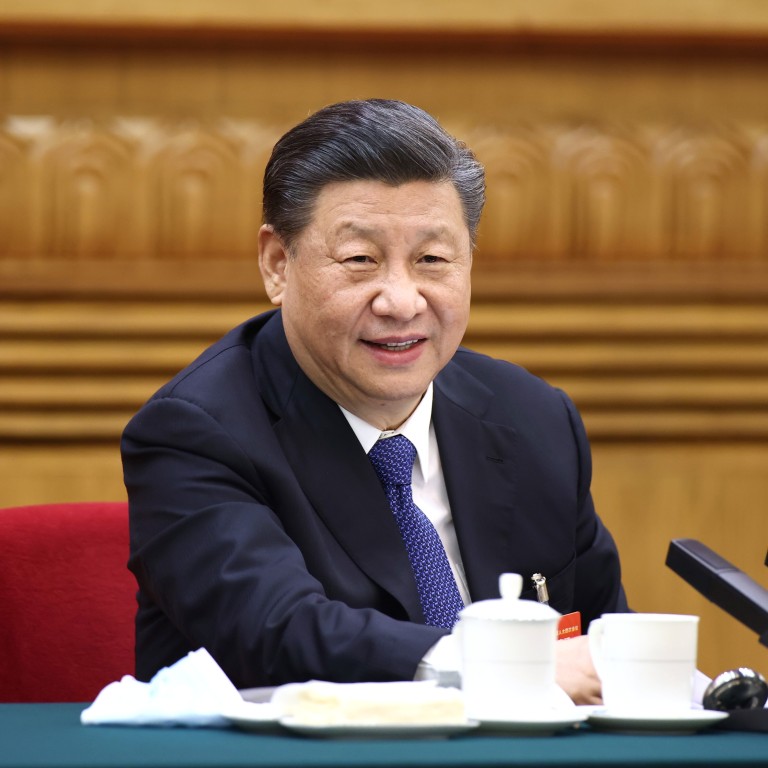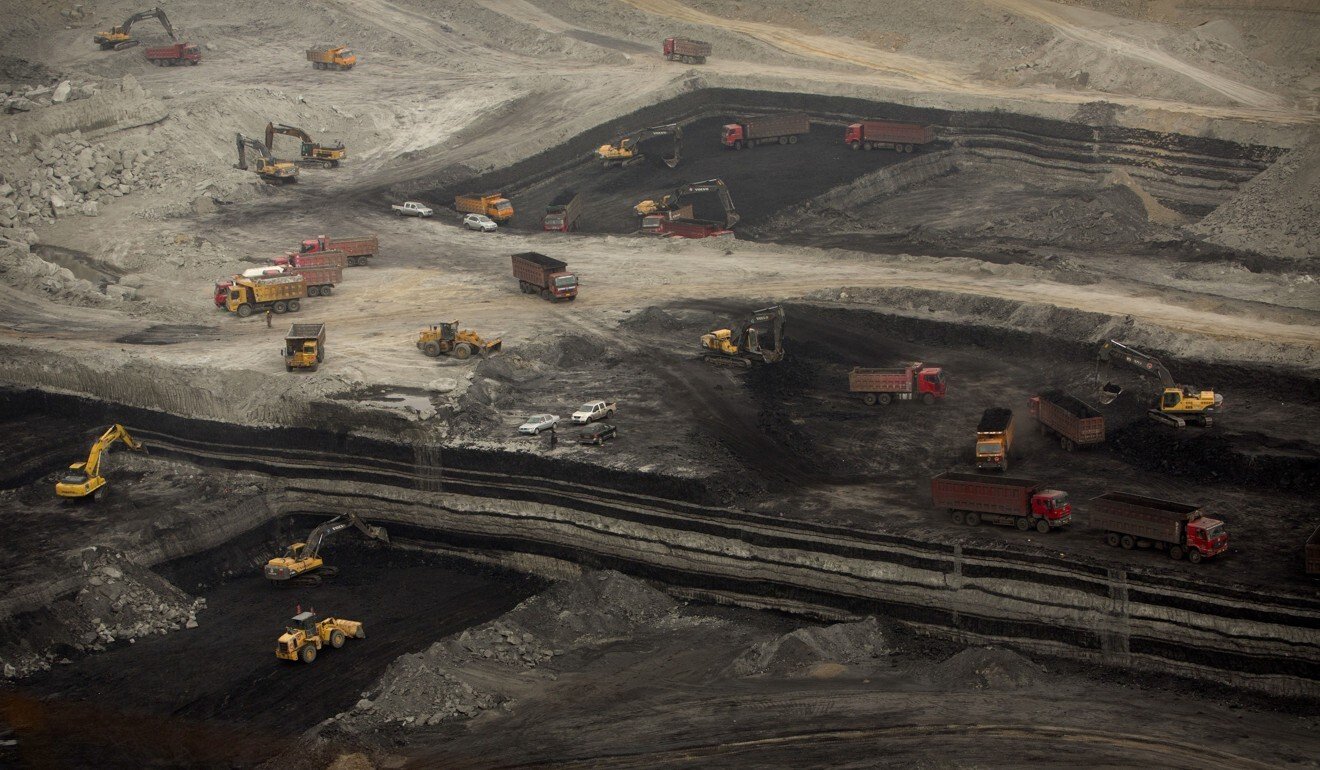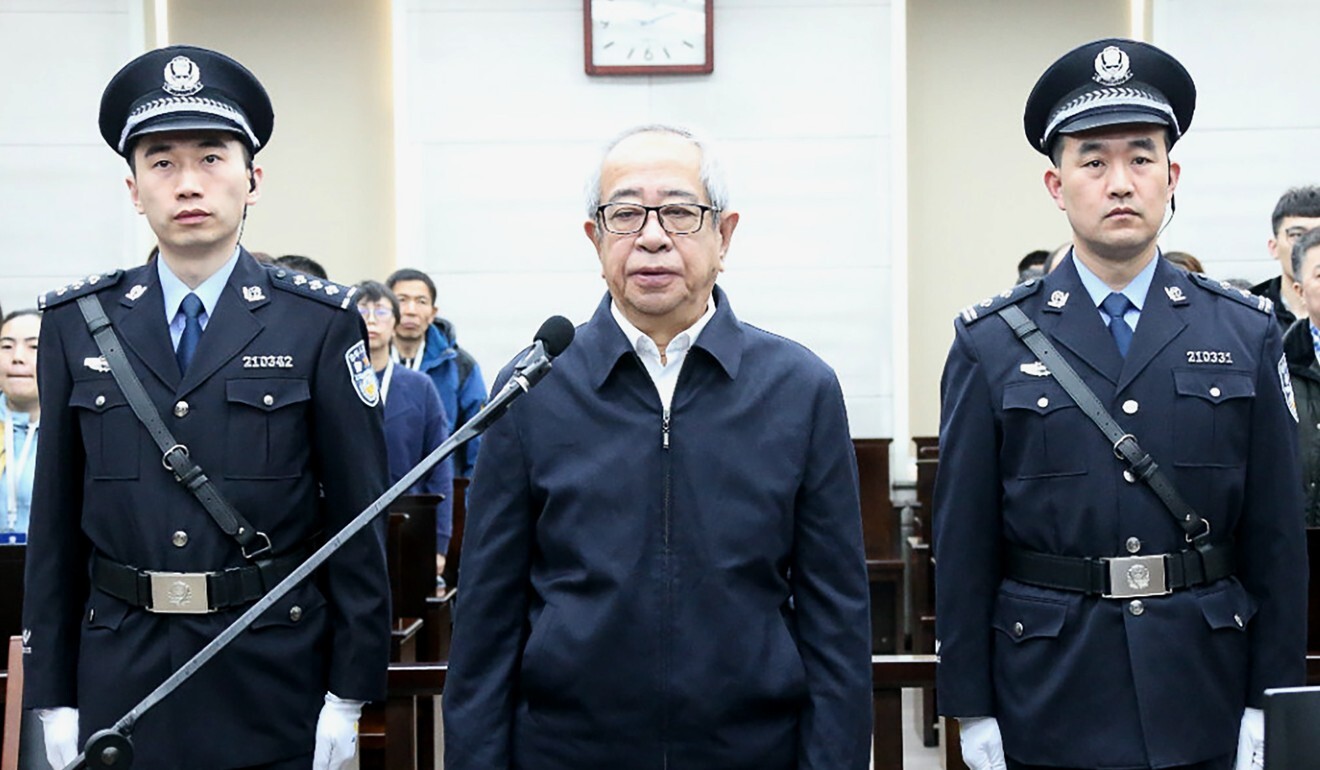
China takes aim at corrupt cadres and officials in expanded Inner Mongolia campaign
- Blitz on coal industry-related graft has gained new momentum after President Xi Jinping warned cases going back decades will be investigated
- Analyst says the drive suggests Xi won’t let abuse of power in regions and provinces stand in the way of his ‘national rejuvenation’ plan
A campaign targeting corruption in the coal industry of Inner Mongolia has been expanded to cover all cadres and officials in the northern Chinese region, with investigations to go as far back as two decades.

Analysts said Xi was using the campaign in Inner Mongolia to strengthen the party’s control in the region. Inner Mongolia is the second largest coal producer in China and accounts for about a quarter of the country’s coal reserves, with output reaching 1 billion tonnes in 2019.
According to state media reports, some 676 corruption cases related to the region’s coal industry have been investigated since 2018, involving 960 cadres and officials.
They include Bai Xiangqun, former vice-chairman of Inner Mongolia’s government, and Xing Yun, its former head of public security.
China’s top anti-corruption body vows to zero in on key state-backed projects
Xing, 69, was given a suspended death sentence in December 2019 for accepting 449 million yuan (US$69 million) in bribes after an investigation that began six years after he retired. His case led to more arrests – Yun Guangzhong, former party chief of Ordos and the region’s capital Hohhot, and Yun Gongmin, former general manager of state-owned power company China Huadian Corporation.
Bai and Yun Guangzhong have since been jailed for 16 and 14 years, respectively, while Yun Gongmin is expected to face trial soon.

Steve Tsang, director of the SOAS China Institute at the University of London, said the expanded campaign suggested Xi would not allow lax discipline and abuse of power in regions like Inner Mongolia stand in the way of his “grand national rejuvenation” plan.
“The national rejuvenation objective cannot be achieved without a regional party apparatus doing exactly what the party central led by Xi requires,” Tsang said. “What better way than to apply the anti-corruption drive to clean up the party in Inner Mongolia and ensure they follow his instructions?”
Xi Jinping tells Inner Mongolia’s NPC deputies to put Mandarin first in schools
Alfred Wu, an associate professor at the Lee Kuan Yew School of Public Policy at the National University of Singapore, said he expected a similar purge in other regions and provinces.
“Large-scale clean-ups at the department, bureau and county levels are deemed necessary because Beijing knows these are the backbone of the Communist Party’s rule,” he said. “The campaign in Inner Mongolia might be seen as a model that can be applied in other provinces.”
Xi’s warning also showed he planned to hold officials “accountable for life”, according to a researcher from Peking University’s public policy research centre.
“Retirement and resignation means nothing now – the hunt for corruption is for life,” said the researcher, who declined to be named as he was not authorised to speak to media.

